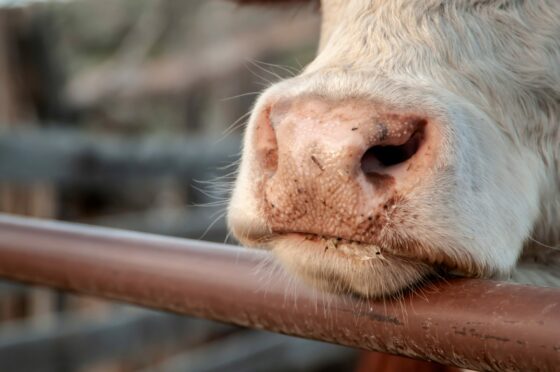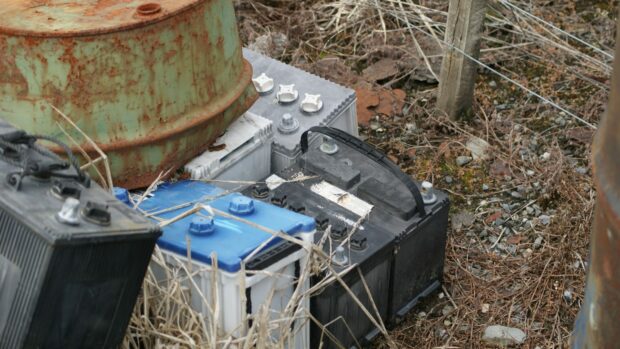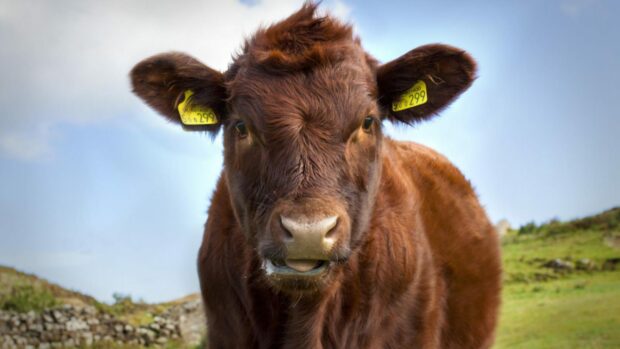An Angus farmer who lost eight cattle as a result of lead poisoning has highlighted the serious implications of fly-tipping.
Steven Barron, of Findowrie farm, who found cattle dead in a field where two batteries had been dumped by fly-tippers, has been speaking out as part of a Food Standards Scotland (FSS) campaign to alert farmers to the risks of lead poisoning as cattle are turned out to grass.
He said: “It happened during the first lockdown and we were down to our last seven calves to be born.
“I remember enjoying watching the rest out in the field as it was a beautiful sunny day, but the next day I was shocked to find some of the cattle had died.”
FSS say that since 2019 more than 400 cattle have been restricted from the supply chain due to on-farm lead poisoning, and incidents peak in spring when cattle are put out to pasture.
Stuart McAdam, FSS head of incidents, said lead batteries, old paint, bonfire ash and fly-tipping are the primary causes of lead poisonings.
“Prevention is the best strategy and checking fields regularly and removing animals’ access to these sources are the first steps,” he said.
“Lead is a highly toxic metal which can cause slow or stunted growth, blindness, infertility, birth defects and death.
“Not only are the health impacts on livestock distressing, but there are financial implications such as veterinary fees, carcass disposal and loss of market value.
“Contaminated meat, offal and milk containing lead at levels above legal limits is unsafe and illegal to sell.
“In addition, there is a minimum 16-week withdrawal period, which can cause delays across supply chain and incur costs for testing.”
At Findowrie, Mr Barron says he is now cautious about using batteries for electric fences.
“When using them, we ensure that the battery and fencer are covered or located out of reach of cattle,” he said.
“Disposal of old batteries is also very important and we ensure there are no redundant batteries left on our farm.
“I wouldn’t want anyone else to experience what we did.
“I would urge all farmers to familiarise themselves with the advice and campaign that FSS is running.”
For more information on the campaign, visit foodstandards.gov.scot


